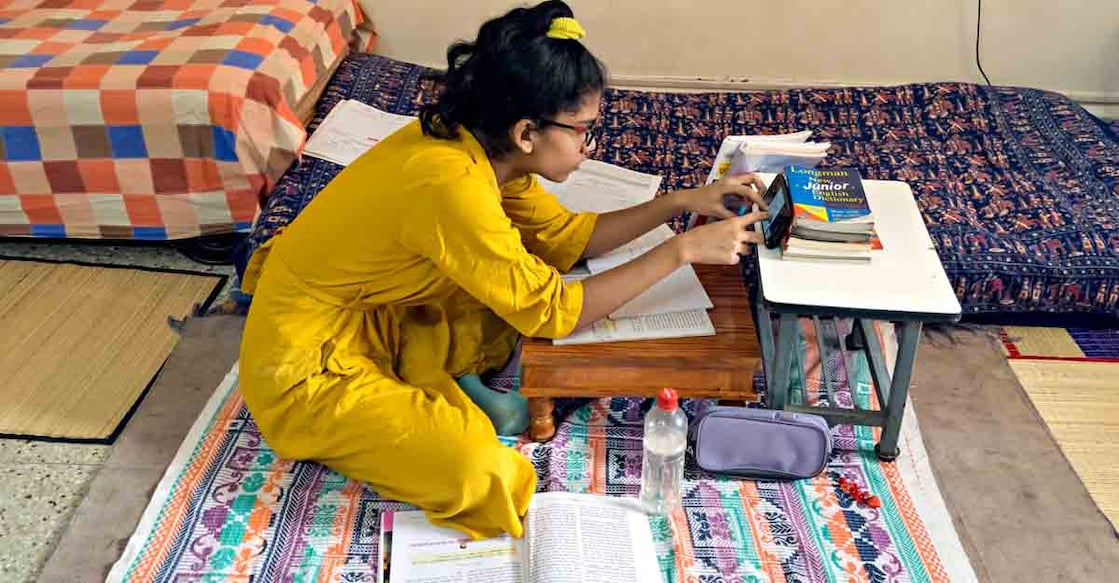Here are some exam tips for school students in this exam season

Mail This Article
After a year of online classes and digital learning, the examination season has arrived yet again. As you fret over the ongoing and upcoming examinations, here are a few important points students need to keep in mind in this exam season which is quite unusual as we are yet to recover from the COVID-19 pandemic.
• New exam pattern
Taking into account the limitations of the COVID-hit academic year, the General Education Department has brought in certain changes in the question papers for the SSLC, plus-two and Vocational Higher Secondary exams. The questions would be based on the ‘focus points’, published by the Education Department, and therefore the students should give importance to these while preparing for the exams.
As the students' aptitude would vary, portions were not excluded and instead the ‘focus points’ were prepared while giving precedence for higher studies. The model exams have helped students to get familiarised with the question paper format of the public exams to a certain extent.
The condition that only a fixed number of questions in each section should be answered has been dropped for this year. Instead, the students can attempt as many questions as they want from various sections within the time limit. That is, a plus-two student can write answers for more than 80 marks in a question paper with a total score of 80 in 150 minutes. However, the maximum marks allotted would be 80. This way the student can ensure full marks by answering as many questions as possible.
• Be extra-cautious over health
Students will be taking exams in 6 to 10 subjects during the nearly three-week duration. The SSLC exam will end on April 29, while the plus-two and Vocational Higher Secondary exams will conclude on April 26. Considering the COVID-19 pandemic and the summer heat, take precautions to remain fit and healthy. Try to follow a proper diet. There should be no laxity in the precautions against COVID-19 during your trip to the school, at the exam hall and premises.
• Make a checklist
As there are holidays or breaks during the exams, it would be beneficial if you make a note of the timing of the exam for each day on your calendar or set a reminder on the phone. Also, prepare a checklist of the articles you need such as hall ticket, drinking water, writing materials, travel expenses, sanitiser and mask. Ensure that these articles have been packed in your bag before stepping out for the exam. Ensure that you reach school at least 30 minutes before the exam time. Find your seat based on the register number.
• Cool-off time and planning
The cool-off time has been increased from 15 minutes to 20 minutes. As there is more number of questions, utilise the cool-off time to pick the questions which you are confident of answering well and manage your time for each question. As the students have been allowed to attempt more questions and secure full marks, they need to keep a close tab on the time.
• Neat and orderly
One of the main strategies to score marks is to ensure that the answer sheets are neat and kept orderly. Question numbers should be entered accurately on the left side of the margin. The length of the answers should be in accordance to the marks. Giving titles for essays and underlining the main points will enhance the quality of your answers. Avoid crossing out texts needlessly.
Also, be careful to arrange your answer sheets in order.
• Review before submission
Before submitting the answer sheet to the invigilator, check if details such as the register number, number of pages and the date are correct.
As more students can score high marks, you should remember that there could be tough competition while seeking admission for higher studies.
(The author is the Palakkad district coordinator of the Career Guidance and Adolescent Counselling Cell of the Higher Secondary Education wing of the General Education Department.)

